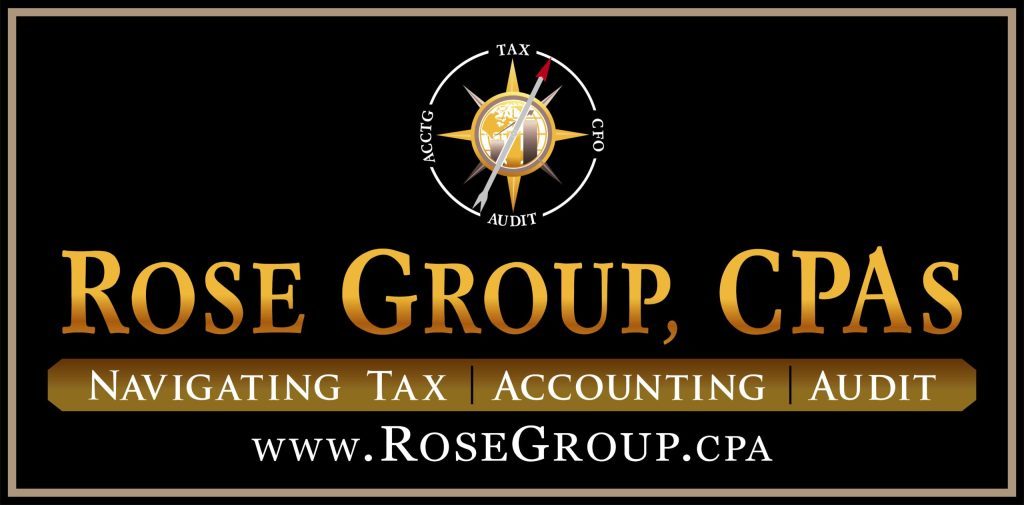Tariffs and the economy are hot topics right now. Economic indicators are mixed. Whether we’re heading into a recession or continuing in a strong market, small and mid-sized businesses can control the anxiety by focusing on cash flow.
Now is the time to tighten operations, protect your margins, and preserve working capital. You don’t need to overhaul everything—you just need to make sure your business can absorb a hit and keep moving.
Here are five practical steps business owners can take now to strengthen their position.
1. Forecast Cash Flow for Multiple Scenarios
In uncertain times, visibility matters. A solid cash flow forecast gives you the ability to plan, rather than react.
- Build 3-, 6-, and 12-month forecasts.
- Run multiple scenarios: optimistic, expected, and worst-case.
- Include timing for both inflows and outflows—not just totals.
- Update the forecast regularly, especially when sales conditions change.
This is your early warning system. Don’t guess—get it on paper. Knowing your future cash position helps you make better decisions today.
2. Scrutinize Expenses and Cut the Non-Essentials
Now is the time to audit your spending.
- Cancel unused or non-critical subscriptions; pause anything not directly tied to revenue or operational efficiency.
- Postpone discretionary spending and upgrades. Defer non-urgent capital improvements or hires.
- Renegotiate vendor agreements or look for lower-cost alternatives.
You’re not cutting to panic—you’re trimming to protect what matters most. It’s about eliminating waste while keeping essential operations strong..
3. Improve Receivables and Payables Timing
Cash flow isn’t just about profit. It’s about timing.
Speed up incoming cash:
- Invoice as soon as work is complete.
- Offer small early-payment discounts when feasible.
- Follow up on outstanding invoices promptly and consistently.
Slow down outflows strategically:
- Extend vendor terms where possible.
- Align payment dates with incoming cash
- Take full advantage of grace periods—without harming relationships.
Your goal is to hold onto cash longer without damaging trust.
4. Build Up a Reserve—Even a Small One
If you don’t have an emergency fund, start now.
- One month of operating expenses is a good starting point.
- Aim for three months if you have the capacity.
- Even small, regular contributions matter.
You don’t need a huge safety net—but you need something. That buffer can buy you time and reduce decision-making pressure when things get tight. Helps you handle unexpected disruptions or take advantage of time-sensitive opportunities.
5. Market conditions can change quickly: Stay Lean, Alert, and Flexible
Avoid major expansions or risky bets right now. Focus instead on:
- Tracking customer behavior closely.
- Adjusting inventory to demand.
- Focus marketing spend on what’s already working in marketing and sales.
- Maintain close communication with employees, clients, and vendors.
In times like these, resiliency beats aggressiveness. Flexibility beats size. he goal is to preserve optionality while continuing to operate efficiently.
Rose Group CPAs can Help
Whether tariffs hit your bottom line or not, economic uncertainty affects everyone. But panic doesn’t help. Planning does.
We work with business owners to develop cash flow strategies, forecast accurately, and make financially sound decisions under pressure. If you’d like support building or reviewing your financials—or help building out your forecast—we’re here.
Let’s get your business ready for what’s next.
Rose Group CPAs

